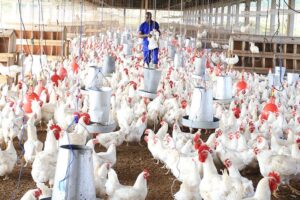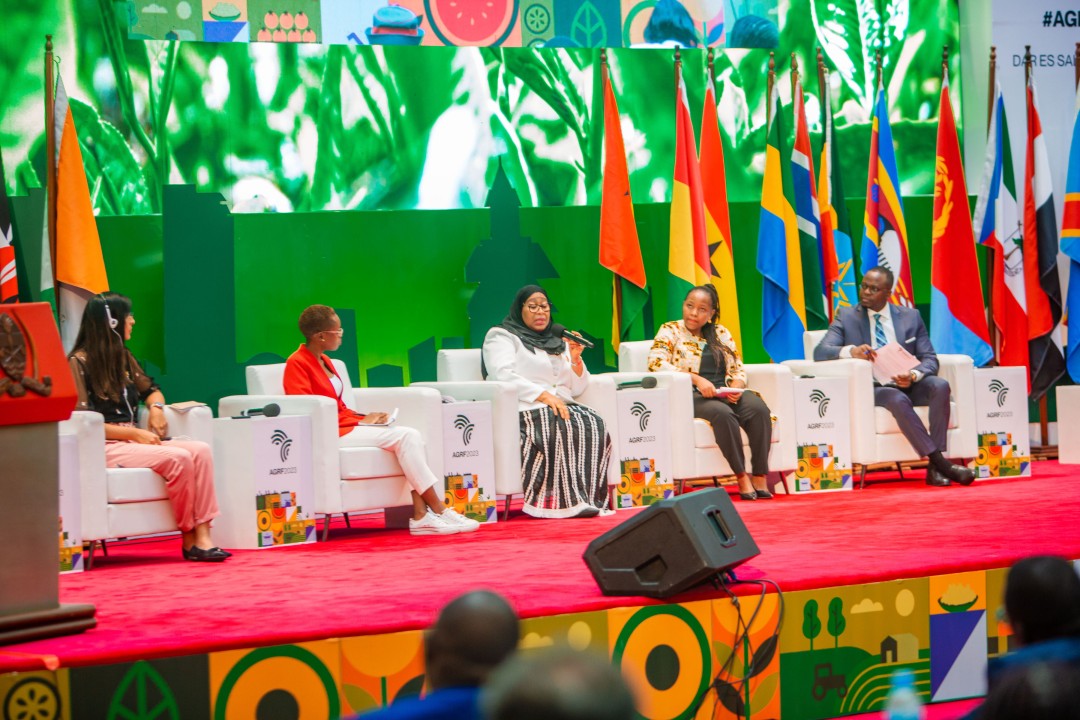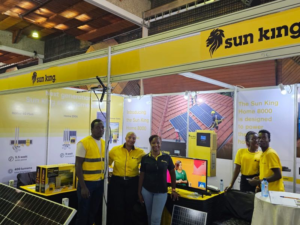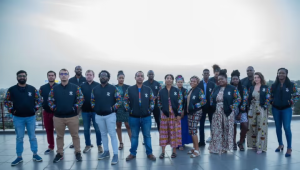Convened under the theme “Africa’s Youth: Leading Collaboration, Innovation, and the Implementation of Agri-Food Systems Transformation,” the summit became a platform for high-level commitments that put billions of shillings into Africa’s food future.
£5 Million UK–AGRA–AU Deal
A flagship announcement was the £5 million (US$6.7 million) package unveiled by the United Kingdom, the Alliance for a Green Revolution in Africa (AGRA), and the African Union.
The funding will support food trade corridors, designed to ease bottlenecks and boost cross-border agricultural commerce.
By channeling resources into infrastructure and regulatory alignment, the partners aim to strengthen regional markets and create opportunities for farmers to scale up production.
Global Future Foods MoU with GCC
In another major move, AFSF signed a memorandum of understanding with the Gulf Cooperation Council (GCC) to advance the Global Future Foods initiative.
The agreement marks a step toward closer cooperation between African and Gulf states, particularly in diversifying food sources, investing in resilient supply chains, and opening new markets for African produce.
Digital Infrastructure Backing from Gates Foundation & World Bank
The Bill & Melinda Gates Foundation and the World Bank launched a new white paper on digital public infrastructure for agriculture.
While not a direct cash injection, the initiative represents an investment in technology frameworks that will enable better data management, farmer access to digital services, and transparent market systems.
These digital backbones are expected to attract follow-on funding and private-sector partnerships.
Africa Food Systems Report 2025
Alongside financial pledges, AGRA introduced the Africa Food Systems Report 2025, which calls for channeling capital into areas such as nutrition, sustainable practices, and regional trade.
The report is intended to guide donors, governments, and investors toward coordinated funding priorities.
The summit drew over 6,000 participants from 106 countries—a record since the forum’s launch in 2006.
With representation from governments, multilateral institutions, and the private sector, Dakar 2025 signaled both investor appetite and political will to back Africa’s agri-food systems transformation.




